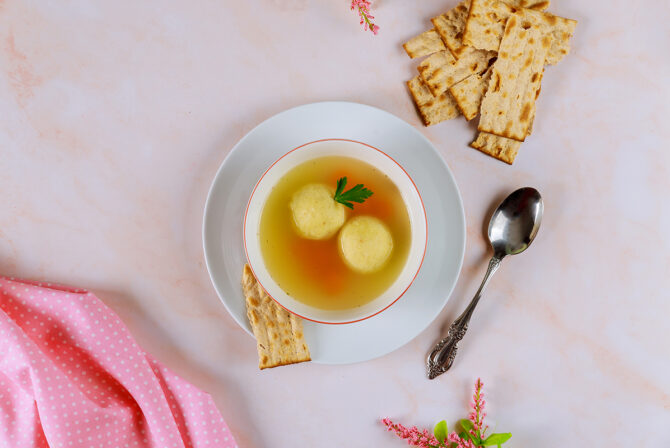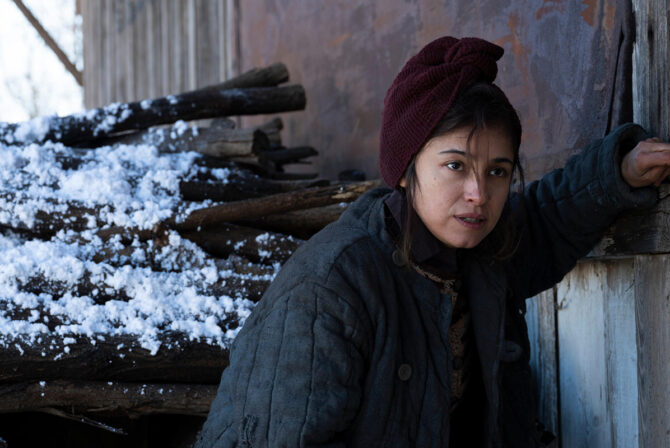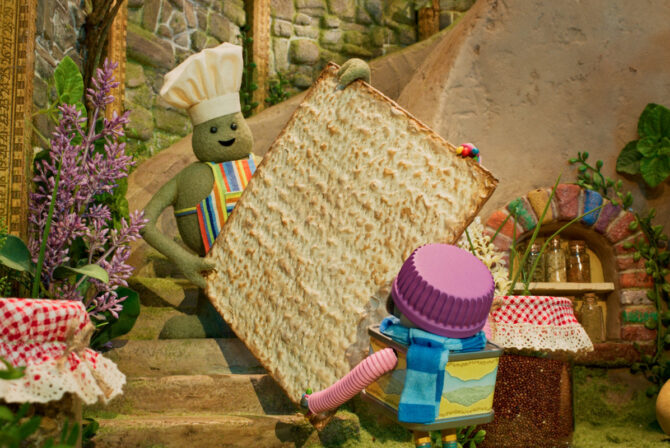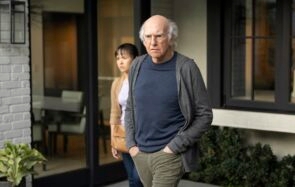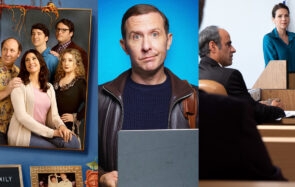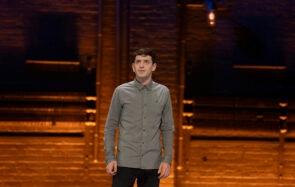
Gabrielle Birkner (left) and Rebecca Soffer (right)
When my father died just over a year ago, I was struck by how lonely the experience was. Even though I found myself surrounded by family and friends, all reeling from the same massive loss, I felt isolated from everyone. There were taboo issues no one could bear to talk about, bizarre dreams, poorly-timed emotional outbursts, and on top of all of it, very young children who needed my attention. It was–and often still is–a really dark time. Gabrielle Birkner and Rebecca Soffer, two women who lost parents as young adults, can relate. They’ve just launched Modern Loss, a website that promises “candid conversations about grief” along with essays, resources, how-to’s, links, events, news, and “ways to connect” with others who are grieving. Both Birkner and Soffer are about to give birth, but they took time to talk with me about loss, legacy, and living with grief, every day.
What do you think is one of the biggest misconceptions about grief?
GB: One misconception is that a catastrophic event changes who you are. Yes, it changes your circumstances; it changes how you feel, what you need, and, perhaps, what you prioritize. But I am fundamentally still me, and want, essentially, the same things out of life as I did before my father and stepmother were killed. When those three women in Cleveland were freed after years of being held captive, Jaycee Dugard–another kidnapping survivor–said: “This isn’t who they are. It is only what happened to them.” I found that very profound. A trauma need not define your life.
RS: A big misconception is that there’s some magical 365-day period when the grief is the worst and on Day 366, you wake up and look in the mirror and suddenly feel differently. You don’t necessarily. And sometimes it gets progressively worse long after that time before getting better. And that’s totally cool. Because it really will.
Your site promises to deal in the un-pretty. Namely, you mention the “unspeakably taboo, unbelievably hilarious, and unexpectedly beautiful terrain of navigating your life after a death.” Can you give us an idea of the sort of stuff that falls into those categories?
RS: I’d give my limbs to be able to have my parents back in my life, and I’m sure many people feel the same way about the ones they lost. But the reality is, it is what it is (the most powerful phrase I’ve come to embrace). Most of the time, when we lose someone, we don’t get the chance to tie up all the loose ends into neat little bows which means that the aftermath is ripe with experiences that have all those above adjectives: there are messy family situations with estates, unresolved issues with people we lost, near-insanity-inducing struggles to grapple with a dead person’s digital presence (just yesterday LinkedIn suggested that perhaps I’d like to connect with my mother). And so many of those experiences are really hysterical, super politically incorrect, and truly quite beautiful; they aren’t all sad and weepy.
In her bio, Rebecca describes the monthly WWDP (Women With Dead Parents) dinner parties that you guys held prior to launching the site. Do you plan to try and recreate some of those evenings, kind of like Lean-In circles for the bereaved?
GB: There’s no substitution for being with people who “get it.” That’s why WWDP and also the support group I joined for family members of homicide victims were so transformative. The plan for Modern Loss has always been to branch into live events. Stay tuned.
RS: As with many connections in life, you can just exhale around someone who’s been through something similar. It makes conversation that much easier, even if you’re talking about something as mundane as seeing “The Hunger Games,” because there’s always that understanding that you’re approaching it with the mindset of living with loss. We have lots of plans in the works to bring people together in real life, both in intimate settings and on a larger scale.
I spend a lot of time talking to my girls about my dad. They were 18 months old when he died, and I’m frantic to make sure they grow up “knowing” him, whatever that means. You’re both pregnant–have you thought about ways in which you’ll try and introduce the parents you’ve lost to your kids?
GB: First of all, I’m terribly sorry to hear that you are part of our “club,” so to speak. It sounds like you are doing the difficult, but important, work of honoring his legacy–and that your little girls are a big part of that legacy. My father died at 54, and a very young 54 at that: his hair had yet to turn gray, and he was ridiculously athletic. In the many photos of him displayed around our home, he doesn’t look like a storybook grandpa (or like my step-father or father-in-law, both of whom sport gray beards). I have a toddler son–my father’s namesake–and have really struggled with how to describe to him the man in the photos. For now, my son calls him “mama’s dada.” My children will never have the opportunity to meet my father, who undoubtedly would have been a tremendous grandpa; and it will be years before I will be able to explain precisely why he isn’t here. So for now, I am just trying to infuse my parenting with the many important lessons he taught me during my first 24 years of life.
RS: First, I’m sorry to read about your dad. That sucks. We have an article on the site by Claire Bidwell Smith, who wrote the memoir
The Rules of Inheritance
, offering tips for parentless parents. Asking her to write that article was kind of a selfish move on my end, seeing as I’m about two seconds away from having my first child and can use all the advice I can get about how to make sure he knows who his grandparents are on my side. But in asking her to write this, I knew I wasn’t the only one who would want this information, and we will have lots more resource pieces addressing this in the future.
In my own preparation for parenthood, I’ve spent a lot of time internally processing how I can convey to my little boy the vibrant presences that were my parents. For example, I’ve asked two dear childhood friends to take on the role of godparents–because first and foremost, I love them, and second, they know the family I grew up with better than most people. I’ve written down some of my favorite childhood memories about my parents in an effort to have a bunch to pull from during bedtime story hour, to kind of paint them as these loving characters that he can grow up with. And I’ve made an effort to stay close to as many of my mom’s friends as possible so that they can help me along the way.
To get an idea of what Modern Loss is all about, click here to read a particularly poignant, funny, and relatable essay by David Sax about a couple’s struggle to find the perfect name for their baby and the pressure they felt about naming her after his late father-in-law.
Like this post? Get the best of Kveller delivered straight to your inbox.
